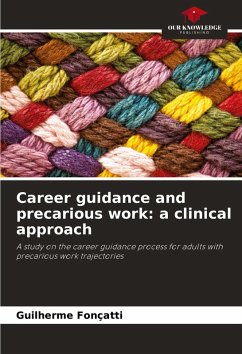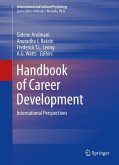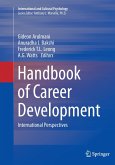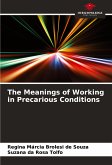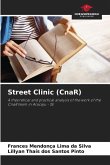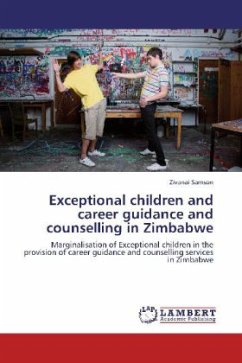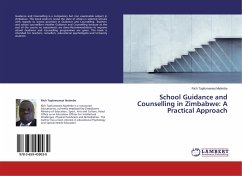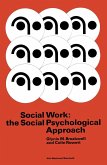Historically, professional and career guidance in Brazil has developed to meet the demands of a very specific public: the middle and upper classes, more precisely at the time of choosing a higher education course among young people and career transitions among adults. However, the majority of the Brazilian population is made up of other groups, with limited access both to quality education and professional qualifications and to secure and decent employment relationships. With the recent social changes experienced in Brazil, there is a growing demand for career guidance from this population, while at the same time there is a lack of appropriate theoretical and practical models that make it possible to develop a consistent career project with these workers, taking into account both their economic and cultural reality and their unique desires and life history. This book presents a study on the process of career guidance in the clinical strategy carried out with adults without highereducation and with precarious work histories, presenting the theoretical bases, the procedures used and the results achieved.
Bitte wählen Sie Ihr Anliegen aus.
Rechnungen
Retourenschein anfordern
Bestellstatus
Storno

